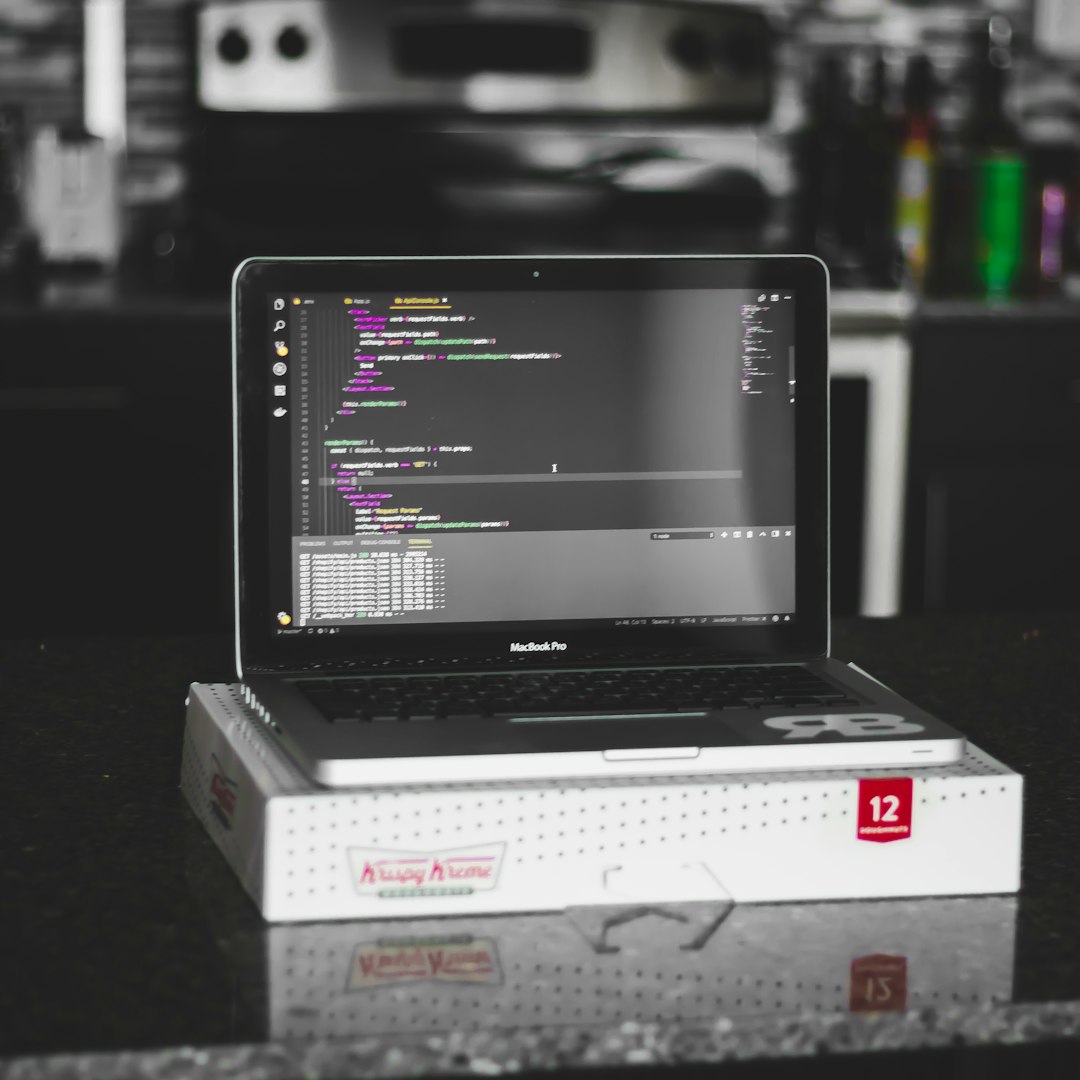In the world of eCommerce, where precision and reliability are paramount, even the smallest slip can have surprisingly bizarre consequences. This was the case with a highly respected WooCommerce plugin development company that inadvertently created a plugin feature with a truly astonishing side effect: it ordered pizza every time a customer clicked the checkout button. What initially seemed like a prank quickly revealed itself to be a captivating tale of code, integrations, and a very unexpected dinner delivery service.
The Genesis of the Plugin
The company in question, which has requested to remain anonymous during pending investigations, had a well-earned reputation for consistently high-quality plugin releases for WooCommerce. Their latest project, dubbed OnyxPay, aimed to streamline the checkout process by reducing costs and loading times. Development began enthusiastically in January 2024, with tight security standards and vigorous iterative testing cycles in place.
Given the massive importance of the checkout experience in determining conversion rates, the product was seen as a potential game-changer for small to medium-sized WooCommerce stores globally. After multiple successful beta waves and positive internal feedback, the plugin rolled out to a broader market in April 2024.
[h2>The First Clue: Pizza Arrives
About three days post-launch, support agents began receiving confusing but amusing emails. Users from various parts of the United States and the UK reported the same issue: immediately after testing their new checkout system, pizza delivery arrived unexpectedly at their doors. Some assumed it was a gift from the plugin creators. Others thought it must be a targeted marketing campaign.
However, within a week, it became clear that these pizza deliveries were not intentional acts of generosity. More than 73 individual reports had been logged, all matching the same timeline — pizza had been ordered within minutes of clicking “Place Order” on a WooCommerce store using the OnyxPay plugin.

Forensic Code Review
Under growing concern, the company initiated an immediate forensic audit of its codebase. A crisis team comprised of internal developers, third-party security consultants, and even former employees was assembled to determine the origin of the pizza precedent. The bizarre nature of the event called for a rational explanation — and one was found.
Within the plugin’s code, an asynchronous call was identified sending POST requests to a third-party API endpoint initiating food delivery. It turned out that in a previous prototype phase, one of the junior developers had duplicated a sandbox test integration originally intended as a joke. This test API, tied to a pizza delivery automation demo in a separate codebase used during a hackathon project, was supposed to have been discarded.
Here’s how the error slipped through:
- Git Commit Overlap: The pizza-ordering feature was merged into the main branch after the developer misunderstood a commit message related to automated confirmation logic.
- Uncleaned Staging Hooks: A webhook connected to a food API remained active in the staging environment and was unknowingly ported to production.
- Lack of Peer Review: Due to the rushed final QA cycle, some pull requests were reviewed without full testing.
How It Worked
The endpoint triggered by the misplaced webhook used hard-coded dummy user data linked to a pizza chain’s developer sandbox account. When triggered, the endpoint placed an order for a standard large pepperoni pizza to a user’s approximate billing address, which was partially anonymized but sufficient enough for third-party APIs that allow convenience address mapping.
The trigger criteria were simple: every transaction endpoint finalized via OnyxPay’s API initiated a POST request to fastdeliveries.dev/order-pizza. The delivery service, still operating in test mode, automatically dispatched real pizzas as part of its promotion—even though it thought it was still in a closed-circle internal test. For some users who had authentic billing information with minimal filters, the order succeeded despite the absence of full address validation.
This led to a mind-bending issue: a payment plugin that, in production, effectively ordered food every time someone placed an eCommerce order.

The Technical Fallout
Within 48 hours of the incident being formally acknowledged, the company pulled all plugin versions from their update channels and WordPress.org. Users were issued advisories and emergency rollback instructions. Since no sensitive user information was exposed to malicious parties, and all “side orders” were free of charge, the security impact was deemed minimal but the embarrassment was significant.
The company released a statement:
“We sincerely apologize for the inconvenience caused by this issue. While no user was charged nor placed at financial risk, we understand the importance of maintaining trust in tools that support online commerce. Our internal development protocols have been reevaluated comprehensively to ensure such a mistake cannot recur.”
WooCommerce itself also conducted a brief inquiry but determined that no foundational vulnerabilities were present within their own systems.
Lessons Learned
Despite the surreal nature of the event, the implications surface multiple important lessons for development teams:
- Code Isolation Matters: Even harmless “fun” features during development can make it into production unless properly sandboxed.
- Robust QA Pipelines: Automated testing must catch not only failed logic but also unpredictable behaviors such as unauthorized POST requests.
- Review the Review Process: Every line of code merged into a production system should be accounted for, especially in critical paths like payments.
- Respect Dependencies: Integrations with external APIs should be tightly permissioned, monitored, and audited for unexpected functionality.
The Curious Marketing Aftermath
What started as a massive oversight became an unusual form of viral marketing. Social media buzzed with screenshots, videos, and memes about eCommerce orders resulting in dinner deliveries. While the company has stood firm on not capitalizing on the accidental publicity, many insiders suggest that customer trust was paradoxically increased due to the company’s immediate transparency.
Some WooCommerce users even asked if the ‘Pizza Checkout’ feature could be added back—this time deliberately, integrated with a loyalty rewards system. One entirely separate development group has already begun working on an opt-in food delivery plugin for WooCommerce based on the incident, recognizing the novelty and potential convenience for customers during long browsing sessions.
Conclusion
While the story of a plugin inadvertently ordering pizza during the eCommerce checkout process may sound fictional, it’s a true account emphasizing the unpredictable consequences of even the smallest code commits. In this case, the outcome was mainly humorous and benign. But it echoes a broader truth in the software development world: rigorous discipline in quality assurance, peer review, and API management are not optional. They are essential guardrails that prevent imaginative debugging calls from turning into unplanned dinner deliveries.
As software continues to play a critical role in our day-to-day lives—including what we buy and what shows up at our front door—this peculiar tale is a timely reminder: in the digital age, sometimes the most unexpected outcomes happen with just a click.